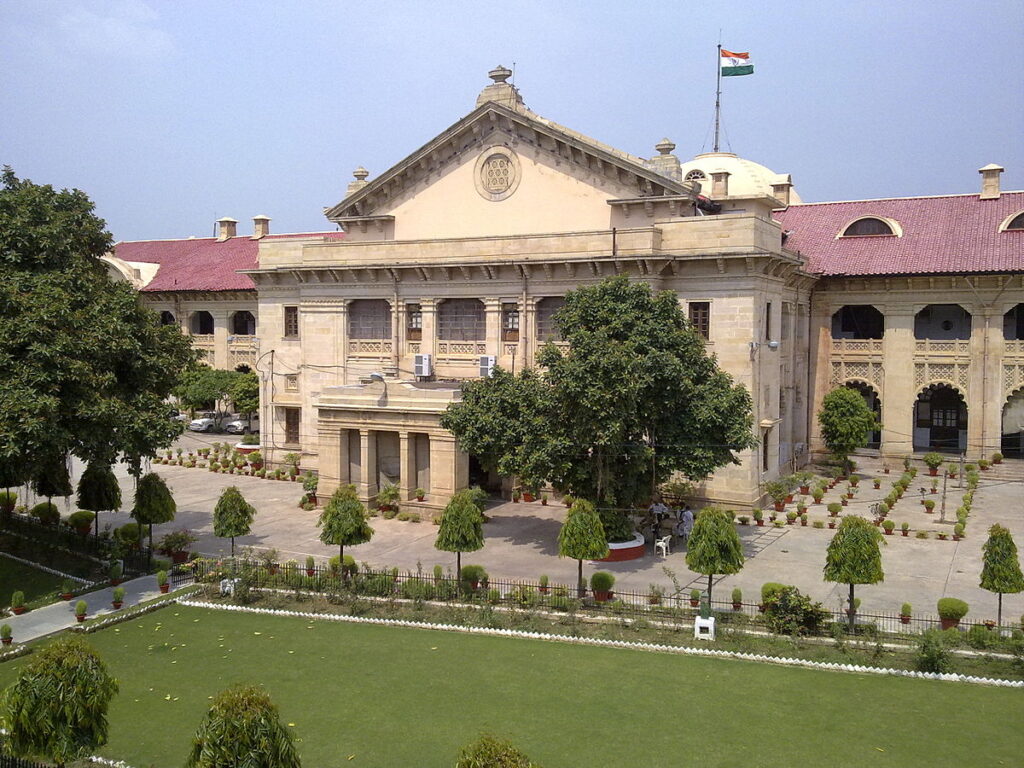The Allahabad High Court has ruled that a person who is not directly involved cannot start adversarial legal action in service matters.

The Allahabad High Court has stated that a person who is not directly involved should not start legal action in service matters. The Court was reviewing a Writ Petition challenging the appointment of a Respondent as Shiksha Mitra, claiming it was ‘illegal’ due to alleged financial misconduct. Justice Ajay Bhanot noted, “The rules set by Constitutional Courts do not allow a stranger or meddler to initiate legal disputes in service matters. The petitioners must prove they are affected parties, which they have not done. Their claims do not qualify them as aggrieved persons.”
The Petitioner was represented by Advocate Saral Singh, while the Respondent had C.S.C. as counsel. The Court pointed out that the petitioner lacks the standing to challenge the respondent’s appointment, labeling him a meddler aiming to harass the respondent, thus making the petition an abuse of court process. It reiterated that public interest litigation is not valid in service matters, referencing a Supreme Court ruling in Sriram Prasad and another Vs. State of U.P. and others. The Court highlighted that only those with a right as an aggrieved party can file a writ petition, as established in Vinoy Kumar Vs. State of U.P. and others. It also referred to Ayaaubkhan Noorkhan Pathan Vs. State of Maharashtra and others, where the Supreme Court stressed that enforceable rights of aggrieved parties are necessary to invoke special jurisdiction under Article 226 of the Constitution of India.
The Court examined the role of Public Interest Litigations in service issues, referencing the Supreme Court’s decisions in Duryodhan Sahu (Dr.) v. Jitendra Kumar Mishra. It also considered the effects of allowing such litigations in service matters, as highlighted in both Duryodhan Sahu and Ashok Kumar Pandey v. State of West Bengal. The Court determined that the rules set by Constitutional Courts do not allow for adversarial cases in service matters initiated by outsiders or meddling individuals. The Court stated, “The petitioners lack the standing to file this writ petition. Additionally, the petitioner cannot claim any public interest in this case due to the limitations set by judicial authorities mentioned earlier.”
As a result, the Court ordered the petitioner to pay a fine of ₹20,000/- to discourage this behavior. The Writ Petition was dismissed.
Cause Title: Mirza Iqrar Beg vs. State Of Up And 3 Others









